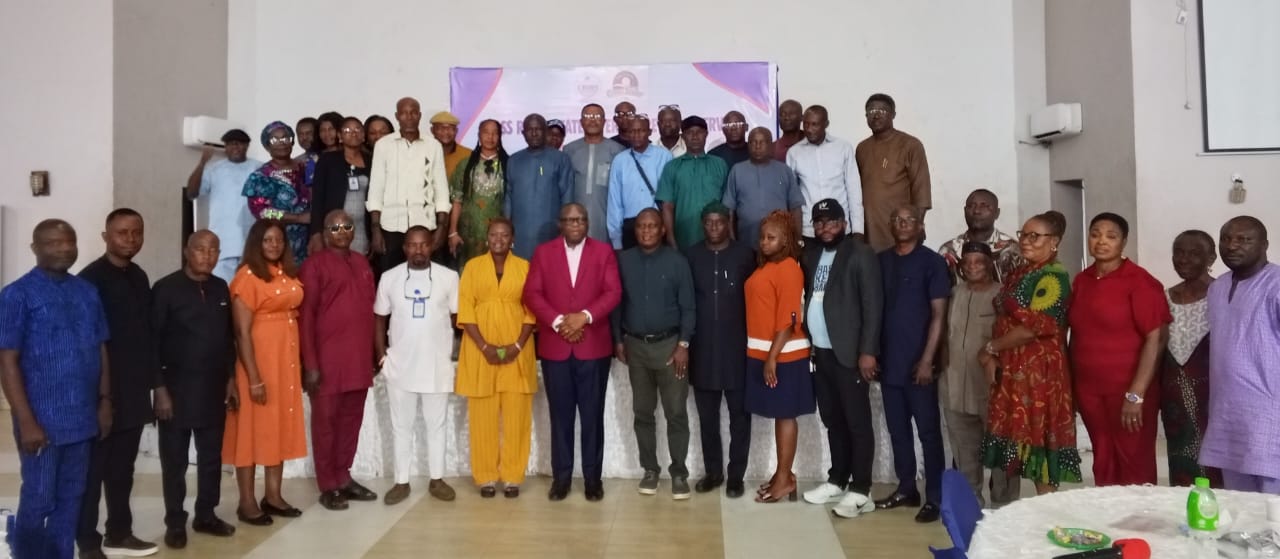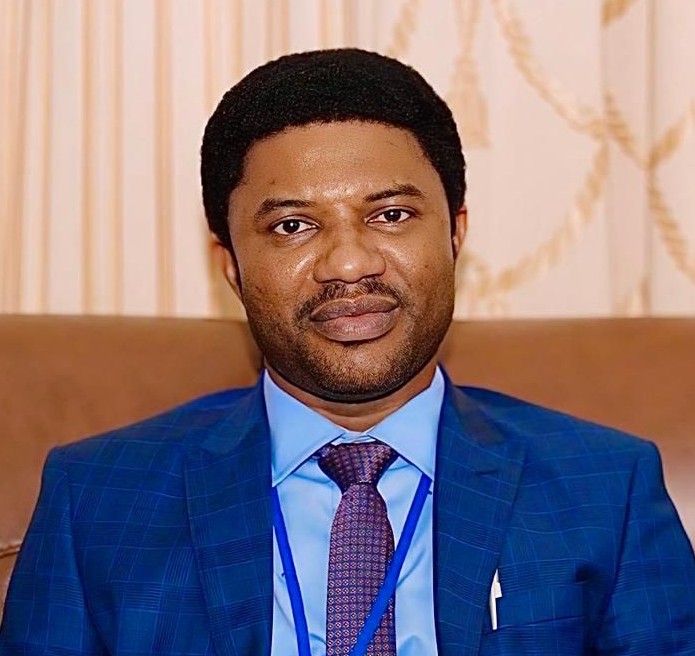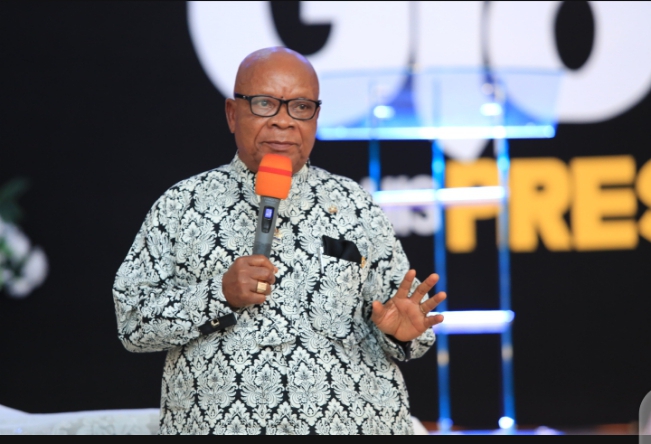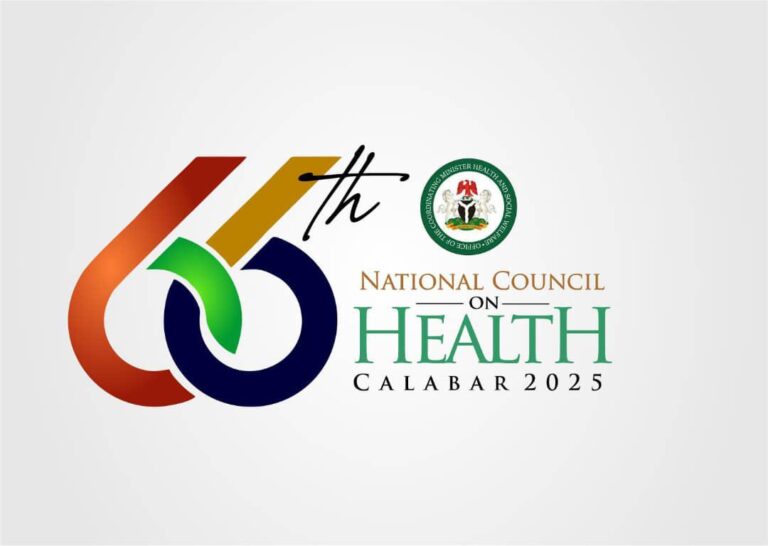
By Kelvin Obambon
Stakeholders in Cross River’s revenue sector have unanimously resolved to establish Local Government Revenue Committees (LGRCs) across the 18 councils, a crucial step aimed at ensuring the effective implementation of the newly signed Nigerian Tax Administration Act, 2025.
The resolution was the highlight of the Joint State Revenue Committee (JOSREC) meeting and training held on Tuesday, October 28, 2025, in Calabar, under the theme: “Ensuring Effective Implementation of Tax Reforms: Local Government Perspective.”
The event brought together key stakeholders in the tax sector, including the Executive Chairman of Cross River Internal Revenue Service (CRIRS), Prince Edwin Okon; Sector Commander of the Federal Road Safety Corps, Corps Commander, Innocent Tommy; Representative of the Commissioner for Local Government Affairs, Hon. Felix Idem; Local Government Supervisors of Finance, Revenue Officers, and tax professionals.
The establishment of the LGRCs is mandated by Section 93 of the Nigerian Tax Administration Act and is seen as fundamental to streamlining tax administration at the grassroots level. This move is part of a broader resolution to implement a unified tax system designed to reduce multiple taxation and enhance compliance.
READ ALSO: Coalition of Concerned Academics Endorses Tinubu, Otu for Second Term
Prince Edwin Okon, Chairman of CRIRS, highlighted the strategic intent behind the state-level reforms, which cascade from the federal government’s new legislation.
“What we’re doing at the state level is to cascade what has been done at the national level to look at those areas that will affect us as a state,” Okon stated. He further outlined specific benefits of the tax reform for citizens set to begin in January 2026, which is the implementation date.
“We want to reduce the tax burden of Cross Riverians. Those earning N800,000 and below are not going to pay personal income tax. We’ll put everything in place to focus on high net worth individuals, who will be our target,” said Okon, who chairs the Joint State Revenue Committee.
Emphasizing the importance of local government’s role, the lead facilitator, Dr. Esien Ukorebi, who provided an overview of the Nigerian Tax Reform Act, explained that “The new tax law has allocated a lot of responsibilities to the local government administration and it’s so robust.”
He stressed that the reform demands greater organizational rigor from local government councils. “The local government has to be more transparent, more accountable and enforce the tax law as much as possible to promote internally generated revenue.”
Dr. Ukorebi, a tax consultant and former Chairman of CRIRS, expressed optimism about the long-term impact, stating that “With the automation aspect that has been prescribed by the law, the local government will generate more revenue and if they do, there will be provision of more infrastructure for the citizenry and then the people will begin to see more of the benefits of government even at the grassroots.”
Other resolutions adopted at the meeting include providing extensive training for Local Government Revenue Officers on the new legislation, implementing e-filing and e-payment platforms to simplify tax processes, and carrying out effective public sensitization campaigns.
The Chairman concluded by urging all parties to collaborate, stating that effective implementation would promote “a more efficient and transparent tax system that will benefit all levels of government and the Nigerian people.”




